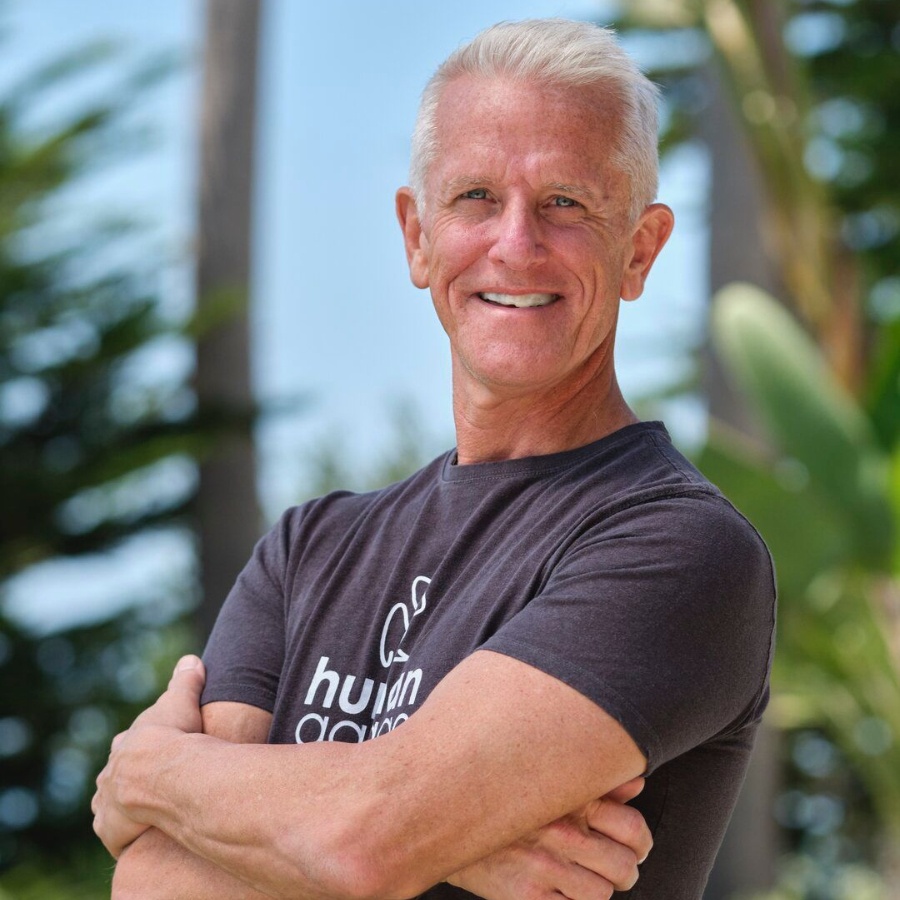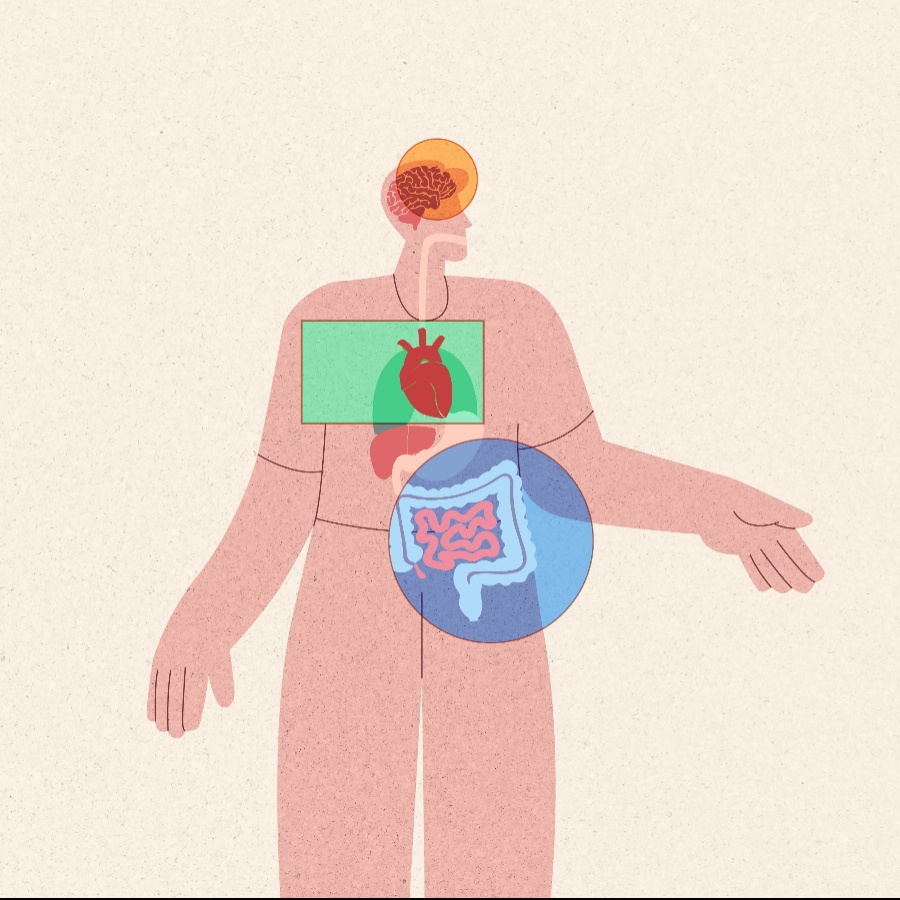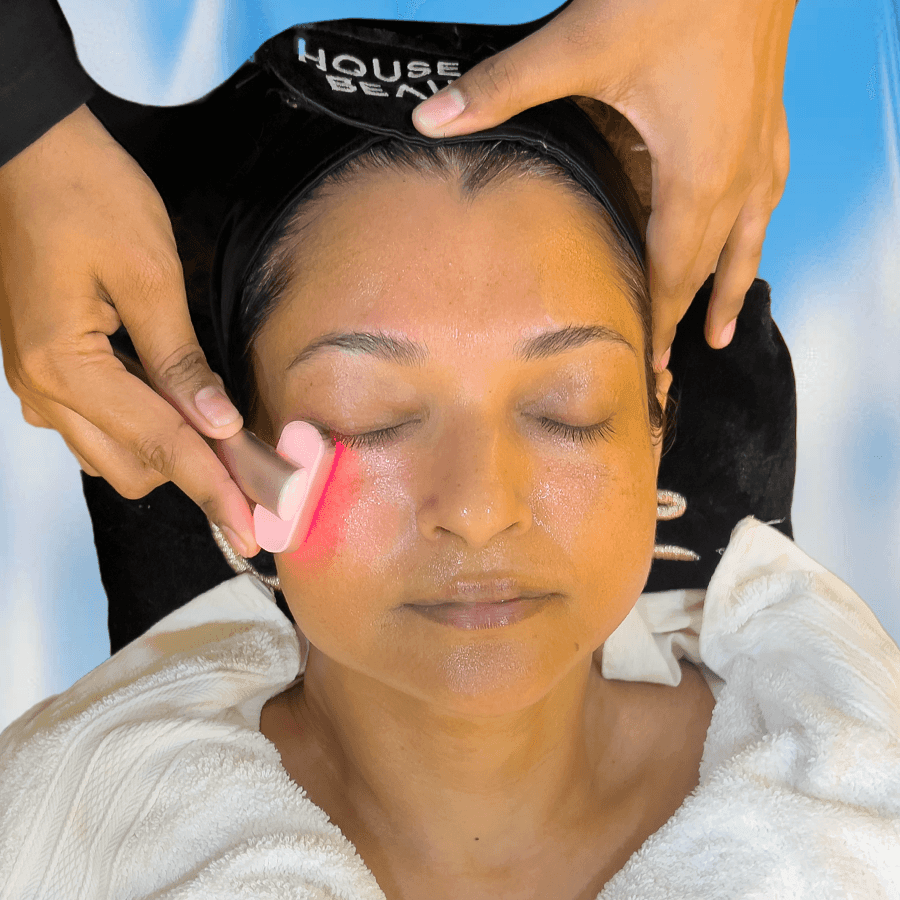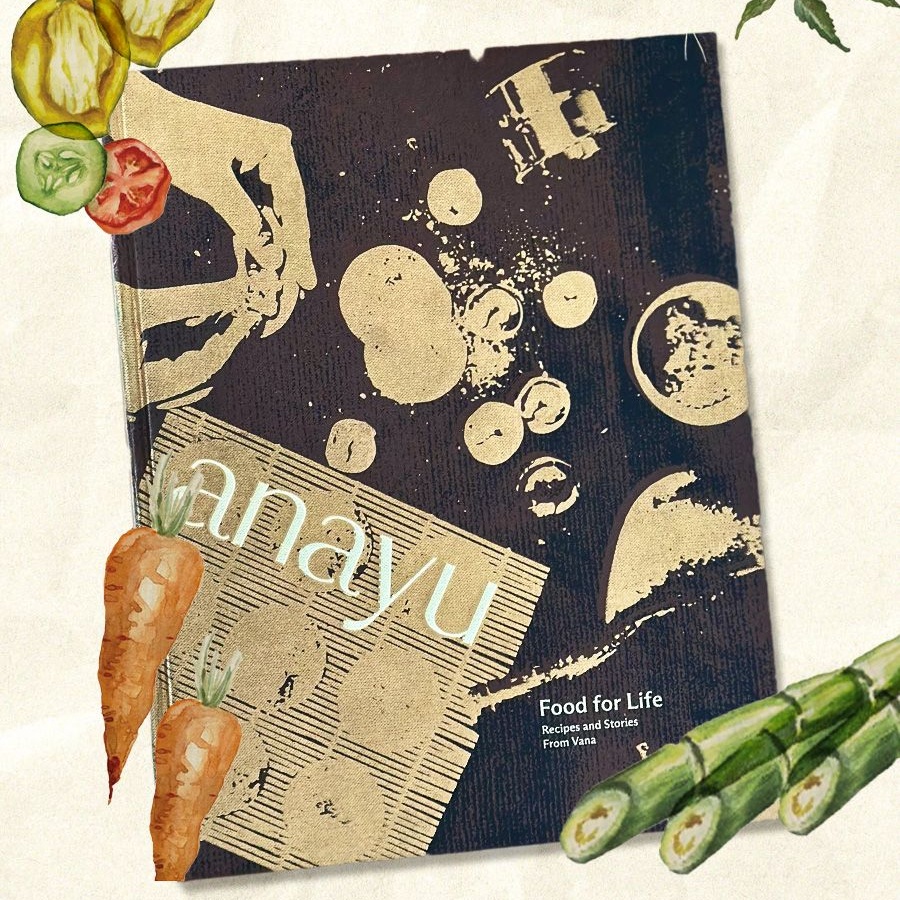Reishi in your latte, lion’s mane in your granola, cordyceps in morning smoothie. Riding the huge surge in supplement consumption, mushrooms are having a moment. But are we actually getting the goods? Or are we just riding a superfood high without a seatbelt?
The global adaptogenic mushroom market is experiencing significant growth, with an expected value of $53.3 billion by 2034. India’s not far behind with a $249 million market that is—excuse the pun—mushrooming rapidly. In cities like Mumbai, Delhi, Bengaluru, and Hyderabad, these fungi have gone from Ayurvedic side notes to wellness headliners.
“Everyone’s looking for an edge,” says Mumbai-based clinical nutritionist and lifestyle physician Dr Anand Ashok Punjabi. “In a world where we’re chronically tired and overstimulated, mushrooms offer a natural, side-effect-free fix. People want better sleep, stronger immunity, sharper focus—without actually changing their lifestyle.”
Reishi reigns—but hype isn’t healing
Reishi is one of the best known in this lineup—touted for stress relief and immunity and available as teas, mushroom milk, and in glossy capsules. Cordyceps are gaining favour among fitness buffs, while lion’s mane is the go-to for cognitive performance. “There’s ancient wisdom here,” says Dr Juhi Agarwal, clinical nutritionist at Selfcare by Suman. “Reishi and lion’s mane have been part of traditional Chinese medicine and Ayurveda for centuries. But today, people treat them like quick-fix pills, not functional foods that need proper context. They need to become a part of a broader wellness routine, not taken sporadically or just when feeling stressed.”
One major issue? Quality. “Clinical studies use fruiting body extracts—not mycelium, which is cheaper and less potent but common in mass-market products,” she explains. “Without transparency in sourcing and extraction, you might not be getting what you think you are.”
Dr Punjabi warns against unregulated ‘stacking’ of powders. “People are taking reishi at night, cordyceps in the morning, lion’s mane for focus, chaga for immunity—thinking more is better. That can backfire if you don’t understand your own system.”
Know your mushroom, know your limit
Each mushroom serves a different purpose. Lion’s mane, for example, supports brain health by stimulating nerve growth factor (NGF). “Studies in menopausal women show it can help reduce anxiety and irritability,” says Dr Agarwal. Reishi calms the nervous system and aids sleep. “It is also being studied as an adjuvant in cancer therapy,” she notes, though much of the evidence is still based on animal trials.
Cordyceps boosts oxygen uptake and endurance, making it popular among athletes. Chaga is known for its antioxidant properties and immune support. But none of these benefits matter if the mushroom isn’t bioavailable. “Think of it like eating raw rice versus cooked rice,” she says. “Gummies and granola sound cool, but unless they’re properly formulated, they might not be doing much.”
Mushrooms for mental health? Maybe—with caveats
Interest is growing around mushrooms for stress, anxiety, and even depression—especially lion’s mane, with studies linking it to brain-derived neurotrophic factor (BDNF). But mental health experts say: proceed with caution. “Adaptogens like reishi and lion’s mane can help regulate the stress response,” says Dr Shwetambara Sabharwal, psychologist and psychotherapist. “But they’re not substitutes for emotional processing or therapy. No mushroom can build emotional resilience—that comes from real work.”
She believes the mushroom hype reveals a deeper emotional void. “We’re trying to regulate in isolation—googling symptoms instead of connecting with others. Pills and powders feel easier than therapy. But healing needs conversation and behavioural change. There’s no shortcut.”
The biohacker’s band-aid?
“People use mushrooms like biohacks,” says Dr Punjabi. “But what they really need is nervous system regulation, better sleep, clean eating, movement. Adaptogens support this—they don’t replace it.” Dr Agarwal adds, “If your gut, sleep, and stress aren’t sorted, adaptogens won’t stick. It’s like pouring water into a leaky bucket.”
Despite their ‘natural’ label, mushrooms aren’t risk-free. “Extracts can be 10 to 20 times more concentrated than culinary mushrooms,” she explains. “That kind of potency isn’t for everyone. If you’re on meds, have hormone imbalances or gut issues, you need to tread carefully.”
What can go wrong?
“The biggest myth is that natural equals safe,” says Dr Punjabi. “That’s just not true.” Overdosing on adaptogens—especially when self-medicating—is real. “Too much can cause nausea, digestive upset, allergic reactions, immune flares—even toxicity, especially if combined with medication,” warns Dr Agarwal.
Golden rule? Start slow. Patch test. Don’t stack. And avoid self-medicating if you’re already on prescription drugs. “These mushrooms can interact with blood thinners, insulin, sedatives—they can drop your blood sugar or blood pressure or increase drowsiness,” she says.
People with autoimmune conditions like hypothyroidism, psoriasis or IBD need to be extra cautious. “These fungi modulate immunity,” she adds. “They can trigger flares or interfere with meds. It’s not a theoretical risk.” Pregnant or breastfeeding? Don’t. Liver condition? Definitely don’t. “The liver processes excess compounds—and if it’s compromised, that build-up can be dangerous.”
Not all mushrooms are legal—or equal
While reishi, chaga, lion’s mane, and cordyceps dominate the adaptogen space, psilocybin is the wild card. Still illegal in India, it’s gaining traction globally for treating PTSD and depression, but don’t confuse it with the functional fungi. “There’s a dangerous blur happening between adaptogens and psychedelics,” says Dr Sabharwal. “Psilocybin is psychoactive and should only be used in clinical settings. Mixing that up with your wellness routine is risky—legally and psychologically.”
So, when should you talk to a therapist? “If you’re overwhelmed, anxious, or unable to self-regulate—reach out,” says Dr Sabharwal. “Therapy helps you process the past and build future endurance. Among all the ‘treatments’ out there, it probably has the fewest side-effects.”
Adaptogenic mushrooms are powerful, but they’re being sold to us through an algorithmic lens—stripped of their cultural context and packaged as panaceas. “Adaptogens aren’t villains,” says Dr Punjabi. “But they’re not heroes either. They work best as part of a holistic lifestyle—not as magic bullets.” Used with intention, mushrooms can support health. Used blindly, they’re just another wellness placebo—wrapped in trendy packaging and sprinkled onto a smoothie bowl near you.







